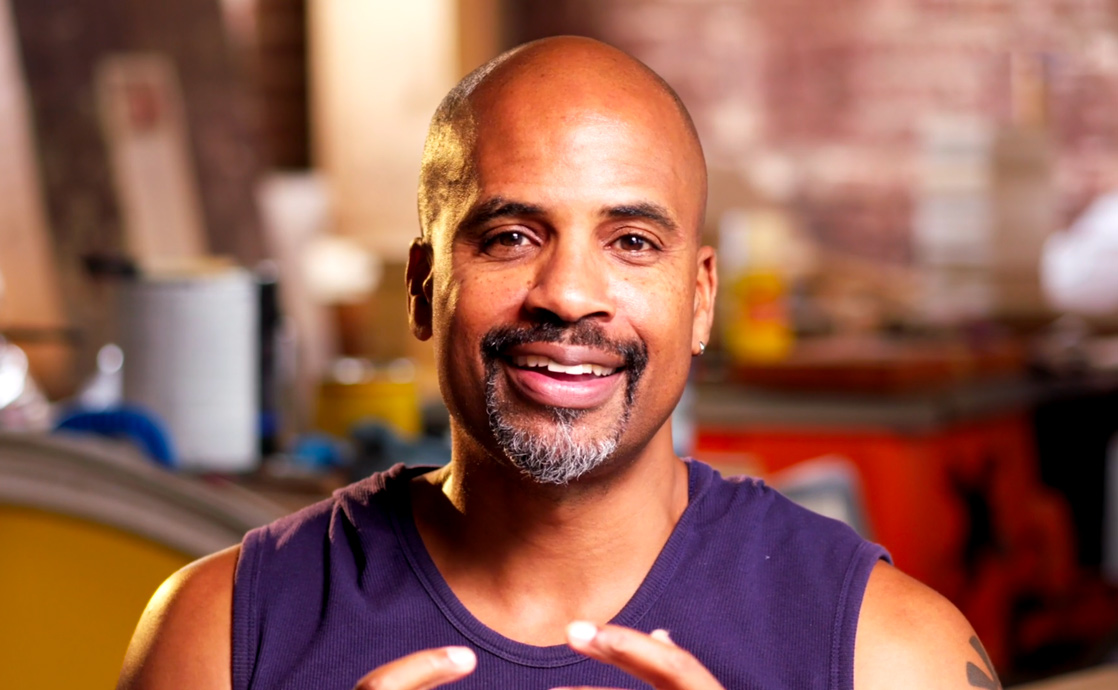The Bahá’í Faith, a globally recognized religious tradition emerging from the 19th century, serves as a profound beacon of social justice, equality, and the empowerment of marginalized communities. Central to its teachings is a staunch advocacy for the dignity and worth of all individuals, with particular emphasis on the affirmation and empowerment of Black people. This approach calls for a transformative shift in perspective—an invitation to explore a holistic view that champions unity amidst diversity.
At the heart of Bahá’í teachings lies the principle of the oneness of humanity. This foundational concept asserts that all people, irrespective of race, ethnicity, or social background, share an intrinsic bond. This unity stands as a clarion call for elevating the status of Black individuals and communities, recognizing that the flourishing of humanity is intertwined with the recognition of the unique contributions of all racial and ethnic groups. The comprehension of this interconnectedness fosters a more profound appreciation for the historical context of racial injustices and challenges faced by Black people globally.
The Bahá’í Faith delineates a call for justice, urging individuals and institutions to eradicate prejudices that have historically subjugated Black populations. The notion of justice transcends mere reparation; it encompasses the creation of equitable systems that promote the inclusion and recognition of Black voices. Consequently, Bahá’í communities advocate for policies and practices that dismantle systemic racism. Within the Bahá’í framework, justice is not a static ideal but an ongoing pursuit, necessitating active engagement and steadfast commitment from all believers.
Moreover, education is heralded as a transformative force within the Bahá’í teachings. The Faith underscores the necessity of educational opportunities that equip individuals with the knowledge and skills needed to challenge inequities. As articulated by the Bahá’í writings, education is not merely an academic endeavor; it is a moral imperative that instills a sense of responsibility toward fostering a just society. This emphasis on education extends beyond formal academic settings and encompasses moral and spiritual dimensions, nurturing the character and capabilities of Black youth and adults alike.
Furthermore, the Bahá’í Faith recognizes the significance of cultural expression as a channel through which Black individuals can assert their identity and heritage. The encouragement of cultural diversity and artistic expression serves not only as a vehicle for empowerment but also as a means of collective remembrance and healing. Bahá’í communities celebrate various cultural contributions, understanding that this multiplicity enriches the spiritual and collective life of humanity. Through the lens of the Faith, artistic expressions by Black individuals become powerful acts of affirmation and advocacy against the backdrop of historical marginalization.
As part of its commitment to empowerment, the Bahá’í Faith articulates the importance of consultation—a method of collective decision-making that builds trust and fosters inclusivity. This process primes communities for tackling racial issues head-on, allowing diverse perspectives to converge in the spirit of collaboration. By elevating the voices of Black individuals in these discussions, Bahá’í communities create spaces where the complexities of racial identity, history, and aspiration can be explored constructively. This participatory model stands in stark contrast to unilateral decision-making processes, encouraging a climate of respect, understanding, and synergy.
In examining the intersection of spirituality and social action, the Bahá’í Faith emphasizes service to humanity as a fundamental tenet. This service is inherently linked to the empowerment of the marginalized, including Black communities. Engaging in community-building activities and initiatives, Bahá’ís work to alleviate social disparities and foster environmental sustainability. Such endeavors manifest the Faith’s core principle of the unity of mankind—a recognition that the upliftment of one is intrinsically connected to the upliftment of all. This symbiotic relationship engenders a collective pursuit for a more just and equitable world.
The Bahá’í approach to racial relations also invites a departure from the historical narratives that have frequently demonized or dehumanized Black people. By fostering a dialogue rooted in empathy, understanding, and shared humanity, the Faith encourages the development of more inclusive narratives that celebrate the resilience and strength of Black communities. This reframing is not merely an academic exercise; it is a profound act of justice and recognition that empowers Black individuals to reclaim their stories and redefine their identities within the broader tapestry of human history.
Lastly, the Bahá’í Faith actively endorses the roles of women and men as equal partners in advancing social change. This gender-inclusive perspective is crucial, particularly when addressing issues that disproportionately affect Black women. By advocating for the full participation of all individuals in social, economic, and political realms, the Bahá’í teachings promote a more holistic approach to empowerment, ensuring that the struggles and experiences of Black women receive the attention and recognition they deserve.
In conclusion, the Bahá’í Faith stands as a transformative force for affirming and empowering Black people. Through its unwavering commitment to justice, education, cultural celebration, consultation, and service, the Faith offers a rich framework for addressing the historical and contemporary challenges faced by Black communities. This robust engagement not only enriches the Bahá’í community but also strengthens the global call for equality and justice. It inspires a profound curiosity to delve deeper into the teachings and practices that nurture unity and foster empowerment, paving the way for a future where all individuals, regardless of race, can thrive in harmony.
